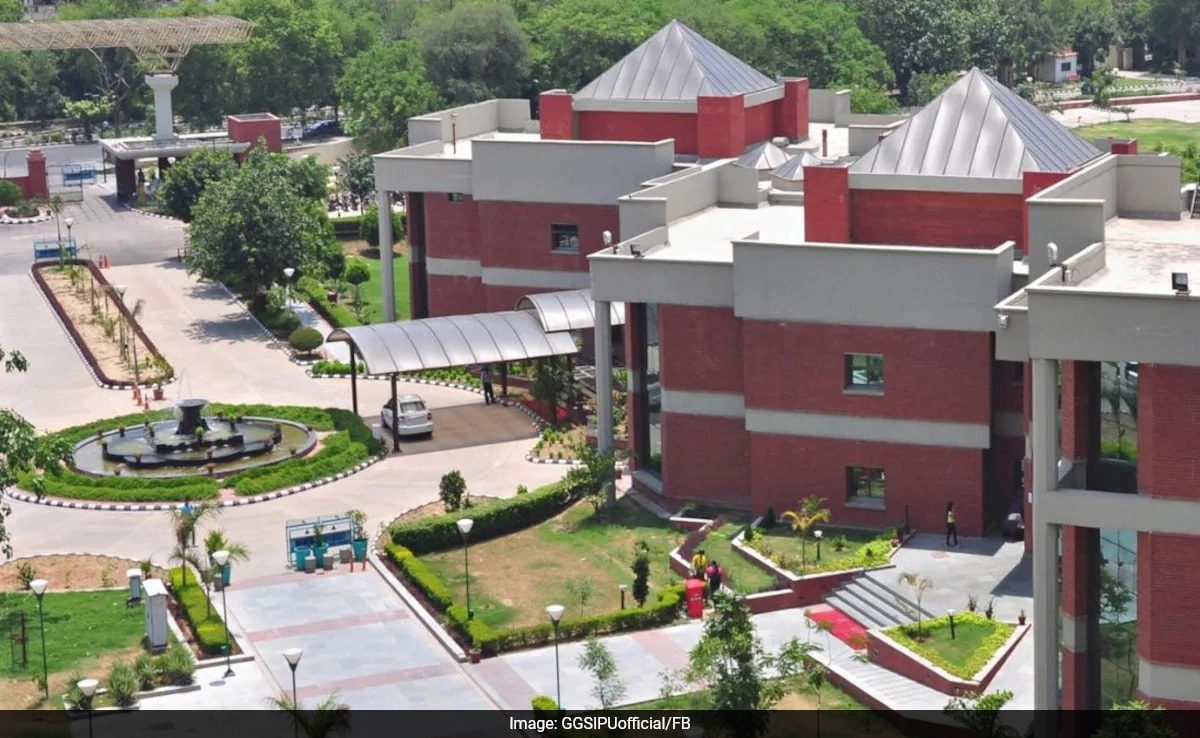The Delhi High Court has recently issued a notice to Indraprastha University regarding its operations that extend beyond the boundaries of the national capital. This development comes in response to concerns raised about the legality and regulatory compliance of the university’s activities outside Delhi. The court’s notice signals a critical examination of the university’s expansion and whether it adheres to the established guidelines governing educational institutions in India.
The matter at hand raises significant questions about the jurisdictional limits within which educational institutions are allowed to operate. As many universities seek to broaden their reach and provide education to a larger demographic, the court’s decision serves as a reminder of the need for adherence to regional regulations and the importance of maintaining educational standards. The implications of this ruling could affect not only Indraprastha University but also other institutions that may be operating in similar circumstances.
In a broader context, this issue highlights the ongoing challenges faced by educational institutions in balancing growth with regulatory compliance. The expansion of universities beyond their designated areas can lead to various complications, including concerns about the quality of education, governance, and accountability. As the legal proceedings unfold, stakeholders will be closely monitoring the outcome, as it could set a precedent for how universities operate not just in Delhi but across the country.
The Delhi High Court’s involvement underscores the judicial system’s role in ensuring that educational institutions uphold the laws and standards set forth by governing bodies. It is essential for universities to navigate these complexities carefully to avoid legal repercussions and maintain their reputations. As the situation develops, it will be interesting to see how Indraprastha University responds to the court’s notice and what measures it may take to address the concerns raised by the judiciary.




